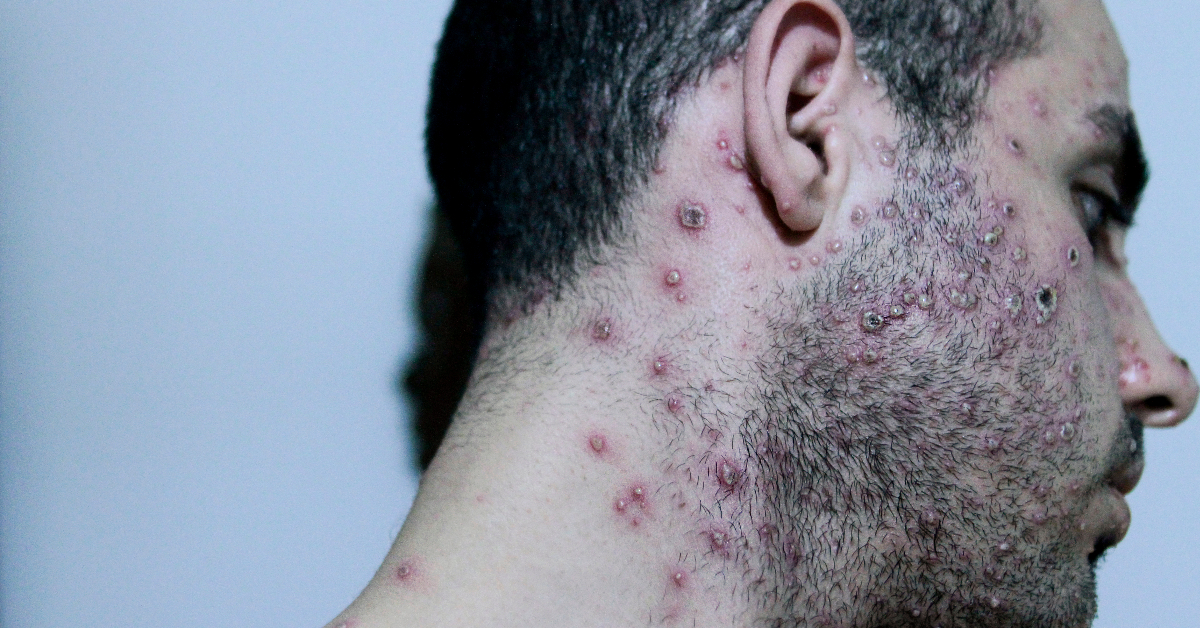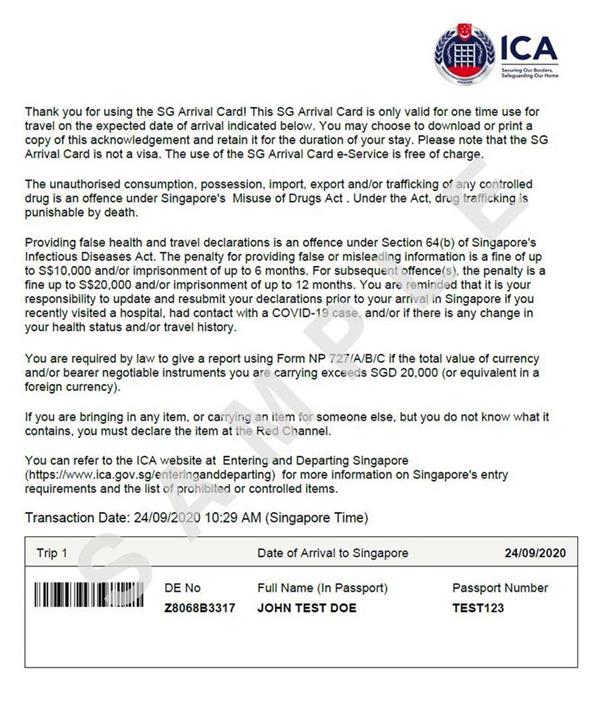You’ve probably heard that the surging mpox (otherwise known as monkeypox) outbreak in Africa was recently declared a global health emergency by the World Health Organisation (WHO).
The question is this — how does it affect Singapore? We’re here to tell you more.
TLDR: The Mpox Outbreak and Which Strain It Concerns
Mpox has been rapidly spreading in parts of Africa — specifically, in central and east Africa.
And no, Africa is not a country. Africa is a continent. This means that several countries in Africa have been affected by the Mpox outbreak, including the Democratic Republic of Congo, Burundi, Rwanda, Uganda, and Kenya.
The WHO declared the surging mpox outbreak in Africa as a global health emergency earlier this week, raising red flags for people around the world. But this isn’t the first time we’ve heard of mpox — in fact, even Singapore has several mpox cases annually.
The million-dollar question here is this — what makes the present mpox outbreak so different from the usual news we hear about mpox?

Well, the current strain of mpox that is being spread is much more contagious than the usual strains of mpox we hear about.
The usual strain of mpox we hear about is known as the clade II strain — this is also the only mpox strain that has been detected in Singapore so far. The clade II strain has a low transmission rate and a fairly low case fatality rate of about 0.2%. In fact, the clade II strain is usually transmitted only among people engaged in high-risk sexual activities.

On the other hand, we have the current “big boss” strain that is spreading in Africa, also known as the clade I strain. The clade I strain is much more contagious and can be spread through mere close contact, with a fatality rate of around 3.5% to 4%. This is the strain which we’re afraid could continue spreading even more rapidly.
The clade I strain first became endemic in the Democratic Republic of Congo, before spreading to neighbouring countries and other African nations.
To make things worse, a new variant known as clade Ib has also been spreading. While its fatality rate, which stands at about 0.7%, is not as high as that of the clade I strain, the clade Ib variant is contagious through routine close contact, particularly among children.
If you’d like to find out more about Africa’s mpox outbreak, you can watch this video:
Immediate Risk of Mpox to Singapore is Low But Not Non-Existent
Now that we know which strain the current mpox outbreak concerns, we then turn to the question of how Singapore will be affected.
On Saturday (17 August), Health Minister Ong Ye Kung broke it all down at an Employment and Employability Institute (e2i) event in Sembawang.
The long and short of it is this — while the immediate risk of mpox to Singapore is low, this doesn’t mean the risk is non-existent.
And you guessed it — the risk posed by mpox to Singapore is mainly a result of Singapore’s connectivity as a travel hub.
You see, Singapore doesn’t currently have any direct flights to and from the affected areas in Africa, which is why the immediate risk of mpox to Singapore is low. However, as people always say, low risk does not mean no risk.
As a country with global flight connections, this means that others around the world who have visited Africa will eventually bring the mpox strain to Singapore. This is especially since the infectious disease is expected to spread to Europe and the Middle East — after all, Sweden has already reported the first case of clade Ib outside of Africa, while Pakistan has reported its first case of mpox.
Or, for all we know, it could eventually be a Singaporean traveller headed to Africa for a holiday that brings the clade I strain or clade Ib variant back to Singapore.
The point is simply that Singaopre’s flight connections mean that the clade I strain can hop on any one of the hundreds of flights landing in Singapore daily for a quick vacation — or at least, we hope the vacation is a quick and harmless one lah.
How Will Singapore Cope With Mpox?
If it’s inevitable that the clade I strain of mpox will eventually reach Singapore, we better buckle our seatbelts and get ready for the ride. The question is this — how will Singapore cope with mpox?
First, Singapore’s health authorities have already been monitoring the situation very closely, according to Mr Ong. If mpox starts spreading to Europe and the Middle East, Singapore is going to pull out its COVID-19 toolbox once again — increasing surveillance at the borders to pick up infected passengers, as well as doing contact tracing as a baseline.
And if you travelled recently, you might have noticed that you’re required to report mpox-related symptoms such as fever or rash, and your travel history in the SG Arrival Card. This helps authorities facilitate the early detection of cases at Singapore’s borders.

So, for everyone’s sake, if you’re travelling soon, remember to fill up your SG Arrival Card when returning to Singapore, and be honest in your responses, okay?
Second, the Ministry of Health (MOH) has already set out certain measures to be undertaken if mpox cases are detected in Singapore.
Suspected clade I cases will be isolated in hospitals, while close contacts of confirmed clade I cases will kena quarantined and be monitored for up to 21 days from the date of last exposure.
Sounds like we’ve learnt a lot from COVID-19.
Third, MOH has also informed all medical practitioners and healthcare institutions to be more alert to mpox cases. These medical practitioners and healthcare institutions have been told to be vigilant in detecting and reporting all mpox cases, including those of suspected clade I infections.
As you can see, there are multiple layers of measures in place to guard against mpox. But as with all things, citizens have to work hand in hand with the authorities — while the authorities have led the charge to help Singapore guard against mpox, Singaporeans also have to play their part.
For instance, Mr Ong shared: “If you’re unwell, you start having lesions, you know, like chicken pox type of rashes and chicken pox type of symptoms. Please isolate yourself. Inform, go see a doctor, inform the people close to you so that they can take medication.”
Further, the minister also recommended that Singaporeans make an effort to stay healthy, given that “if you are healthy, less likely you’ll be affected by all these diseases”.
An apple a day may keep the doctor away, but it takes a lot more to keep mpox away lah.




